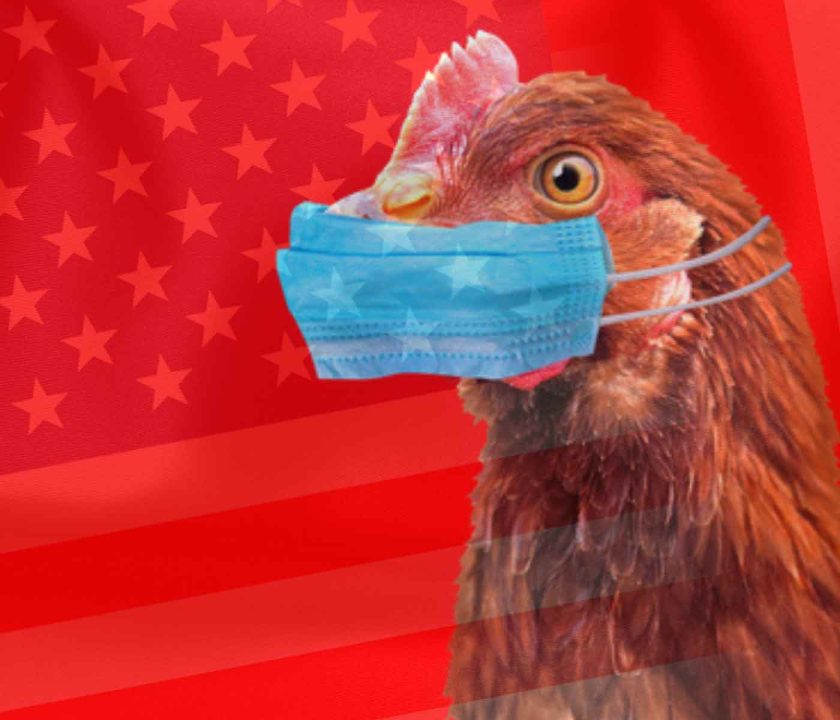Contenido disponible en: العربية (Arabic)
A recent report from CoBANK indicated that Highly Pathogenic Avian Influenza (HPAI) had emerged again in the U.S seven years after the last outbreak. In addition, current avian flu outbreaks have been more severe than those between 2014 and 2015, considered the worst bird flu outbreak in history.
It has severely impacted commercial poultry flocks with economic losses due to the rapid spread of the disease, bans imposed on other countries to protect their flocks, and price increases (i.e., prices of eggs have nearly tripled, and turkey breast meat rose 60% to record levels).
Until now, more than 40 million birds have been depopulated, affecting the supply of eggs and turkey in particular.
The view of poultry-importing countries seems to have changed markedly since the previous outbreaks as HPAI has become more common globally. Instead of blanket export bans, their approach is more measured. However, due to various factors, including high labor and feed costs, egg and turkey supplies will most likely be slower to rebound, and high prices will last longer.
What are the factors that predispose to don’t stop the disease?
- As temperatures warmed up this summer and wildfowl finished their seasonal migratory journeys, cases of HPAI have largely, but not completely, dissipated.
- And while the immediate HPAI concern is dampened, the risk of an outbreak this autumn remains elevated.
Poultry supplies were already under pressure to begin 2022, so participants were already expecting higher prices from strong animal protein demand this spring and summer. However, the burden of the HPAI supply shocks exacerbated already tight market conditions, sending values skyrocketing.
Effects of the HPAI on poultry product prices:
- Table egg prices were
TO CONTINUE READING REGISTER IT IS COMPLETELY FREE Access to articles in PDF
Keep up to date with our newsletters
Receive the magazine for free in digital version REGISTRATION ACCESS
YOUR ACCOUNT LOGIN Lost your password?

